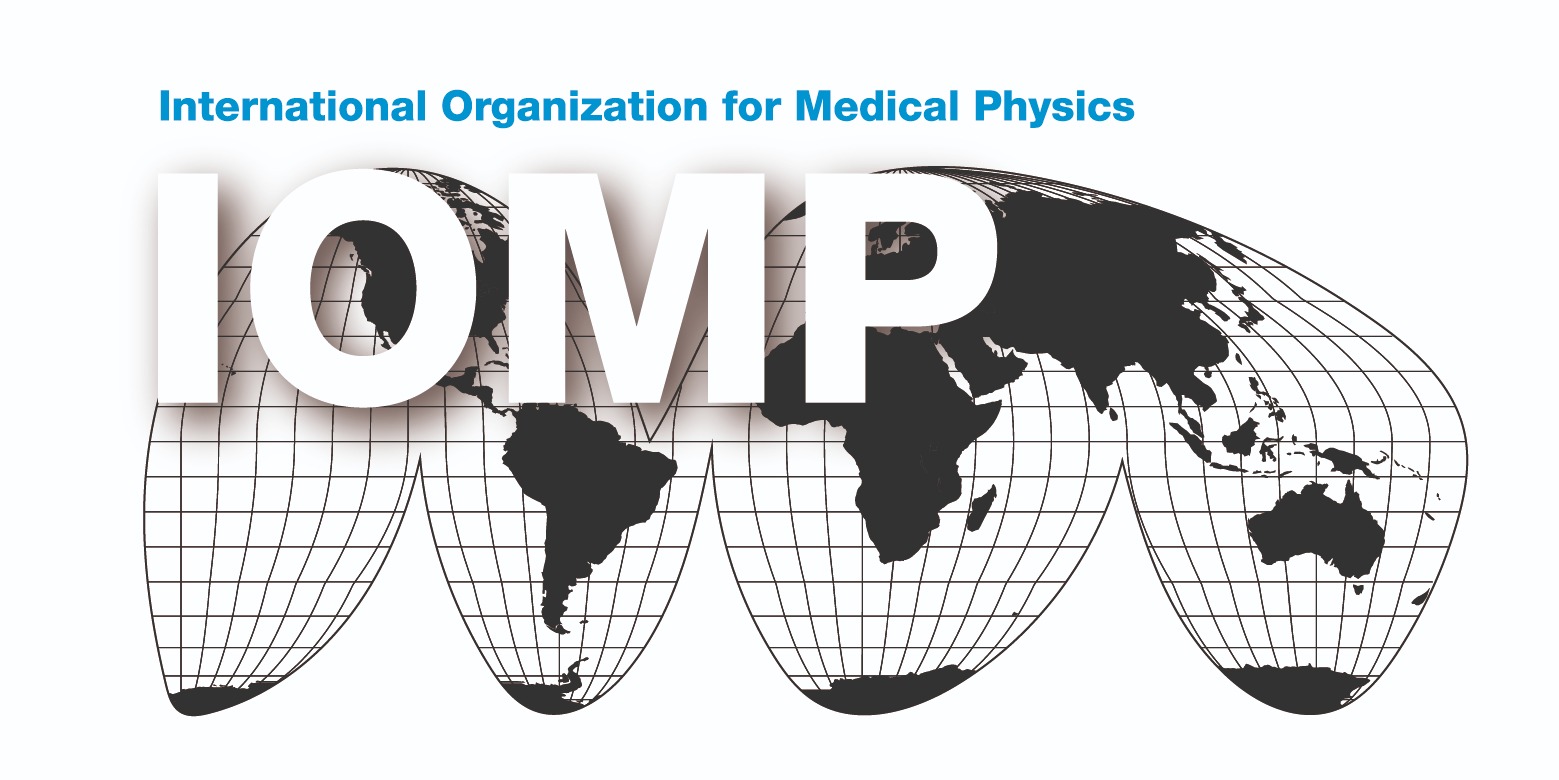Real-time Adaptive Particle Therapy: Futuristic Automated Way to Collaborate Internationally
Antje-Christin Knopf, PhD
University Medical Center Groningen
[email protected]
Paradigm shift from a currently manual step-wise treatment approach towards a future automated seamless workflow, integrating imaging, treatment planning, quality assurance and treatment verification
Initiated by Massachusetts General Hospital, University of Wisconsin and Cosylab, a group of clinics, research institutes and industry from Europe, USA and Asia has formed the Real-time Adaptive Particle Therapy Of CanceR (RAPTOR) consortium [1]. RAPTOR strives to enable a paradigm shift from a currently manual step-wise treatment approach towards a future automated seamless workflow, integrating imaging, treatment planning, quality assurance and treatment verification into a real-time adaptive particle therapy (PT) treatment loop.
The high precision of PT comes as a double-edged sword; highly conformal dose distributions have to be delivered in a robust manner to address the high-sensitivity of PT to uncertainties. While the reliability of PT has significantly increased in recent years, the influence of uncertainties has to be further minimized to exploit the full benefit of PT.
Clinical PT workflows have initially been adopted from conventional photon therapy, where a treatment plan is based on a computed tomography (CT) scan and then applied throughout the fractionated treatment course. With the capabilities of new combined imaging and delivery machines (MR-LINAC), the photon therapy world recently moves towards daily adaptive treatment regimens [2, 3, 4] while in PT still rarely more than 2 to 3 adaptations are applied throughout the whole treatment course [5, 6]. Time consuming manual step-wise treatment workflows, the inflexibility of commercial PT equipment and the high diversity in the PT landscape prohibits to move towards daily (real-time) or even online (during beam delivery) adaptive treatment approaches.
RAPTOR has been formed to overcome these obstacles. It provides an international platform for clinics, research institutes and industry to discuss and tackle required developments towards a real-time adaptive PT treatment loop. Since its foundation early 2018, the RAPTOR consortium has met on a bi-annual basis, has contributed to international conferences and is now in the process of preparing a Marie Skłodowska-Curie grant application for an Innovative Training Network (ITN). With this application, RAPTOR aims to training a new generation of researchers enabling the paradigm shift from manual stepwise to automatic seamless treatment approaches keeping a global perspective assuring standardized clinical implementation of real-time adaptive PT.

3rd RAPTOR workshop July 2019, Munich
References:
[1] https://raptor-consortium.com/
[2] Beaton L, Bandula S, Gaze MN, Sharma RA. How rapid advances in imaging are defining the future of precision radiation oncology. Br J Cancer. 2019 Apr;120(8):779-790. doi: 10.1038/s41416-019-0412-y. Review.
[3] Corradini S, Alongi F, Andratschke N, Belka C, Boldrini L, Cellini F, Debus J, Guckenberger M, Hörner-Rieber J, Lagerwaard FJ, Mazzola R, Palacios MA, Philippens MEP, Raaijmakers CPJ, Terhaard CHJ, Valentini V, Niyazi M. MR-guidance in clinical reality: current treatment challenges and future perspectives. Radiat Oncol. 2019 Jun 3;14(1):92. doi: 10.1186/s13014-019-1308-y. Review.
[4] Hunt A, Hansen VN, Oelfke U, Nill S, Hafeez S. Adaptive Radiotherapy Enabled by MRI Guidance. Clin Oncol (R Coll Radiol). 2018 Nov;30(11):711-719. doi: 10.1016/j.clon.2018.08.001.
[5] Mohan R, Grosshans D. Proton therapy – Present and future. Adv Drug Deliv Rev. 2017 Jan 15;109:26-44. doi: 10.1016/j.addr.2016.11.006. Review.
[6] Mohan R, Das IJ, Ling CC. Empowering Intensity Modulated Proton Therapy Through Physics and Technology: An Overview. Int J Radiat Oncol Biol Phys. 2017 Oct 1;99(2):304-316. doi: 10.1016/j.ijrobp.2017.05.005. Review.

